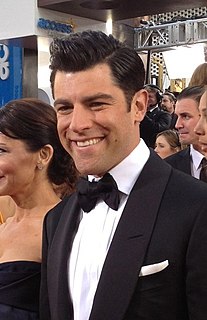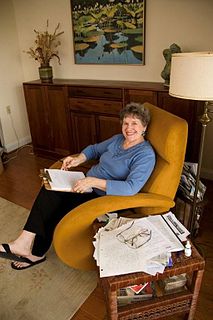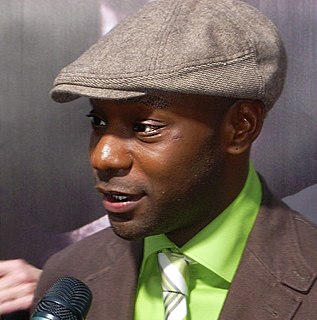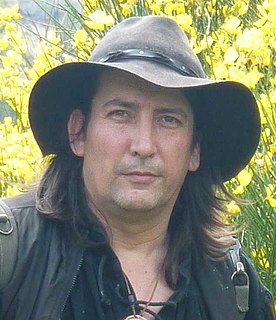A Quote by Christopher McQuarrie
I believe that as a writer and a director, you're only providing the skeleton of a character, and you're hiring actors to fill it out.
Related Quotes
Yeah? Can you draw a skeleton riding a motorcycle with flames coming out of it? And I want a pirate hat on the skeleton. And a parrot on his shoulder. A skeleton parrot. Or maybe a ninja skeleton parrot? No, that would be overkill. But it'd be cool if the biker skeleton could be shooting some ninja throwing stars. That are on fire.
The dream, I think, with any project is it starts with an idea, and then somebody writes it, and the writer hopes that a director comes on and makes this piece of material visual, and both the director and writer hope that they can have actors come in and bring something to it that neither one of them expected, elevating it along the way.
Marvel has this tradition, and I think that Sony has this tradition too, of hiring directors for Spider-Man who are dramatic directors. That are directors who are interested in human beings, in characters, in drama, and who are really good with actors. That kind of feels like a Spider-Man director to me. And because Spider-Man is always as big as the films that are being made at Marvel, it always is character and story. You can never take that out.
I guess I say this for younger actors out there: you have to be brave, and you have to be ready to fail, and that's the only way you can be unique. So when a director is confident enough in what they're doing, and they allow their actors to be brave and bring in stuff, the more likely it's going to work out okay.
You can give the greatest performance possible, but if you don't have a director who's pointing the camera in the right direction and an editor who's editing it properly, it doesn't matter what you do. The director and the editor are the most important people. Not the actors. Sometimes the writer is important. But if you don't have a good director, you can't have a good production.
People have a different idea of how movies are made than they really are. On a certain level, everyone throws ideas into the hopper. It's not like the actors are wind-up dolls that you push out onto the floor, play with, then put back in the box. You get people around you who you trust; the writer, the producer, the director and all the actors all contribute.
If the audience gets everything, if they see the photography and notice that it is good, then the story goes out the window, but if you become involved with the lives of the actors and forget that you are seeing mechanical devices on a huge screen - forget the make-believe - this is the job of the director to involve the audience with the actors.
Actors, I think, are all the same. Both Korean actors and American actors are all very sensitive people, and they are all curious to know what the director thinks of them and how they are evaluated, and they try to satisfy the director. And they like it if you listen carefully to their opinions and accept them.






































